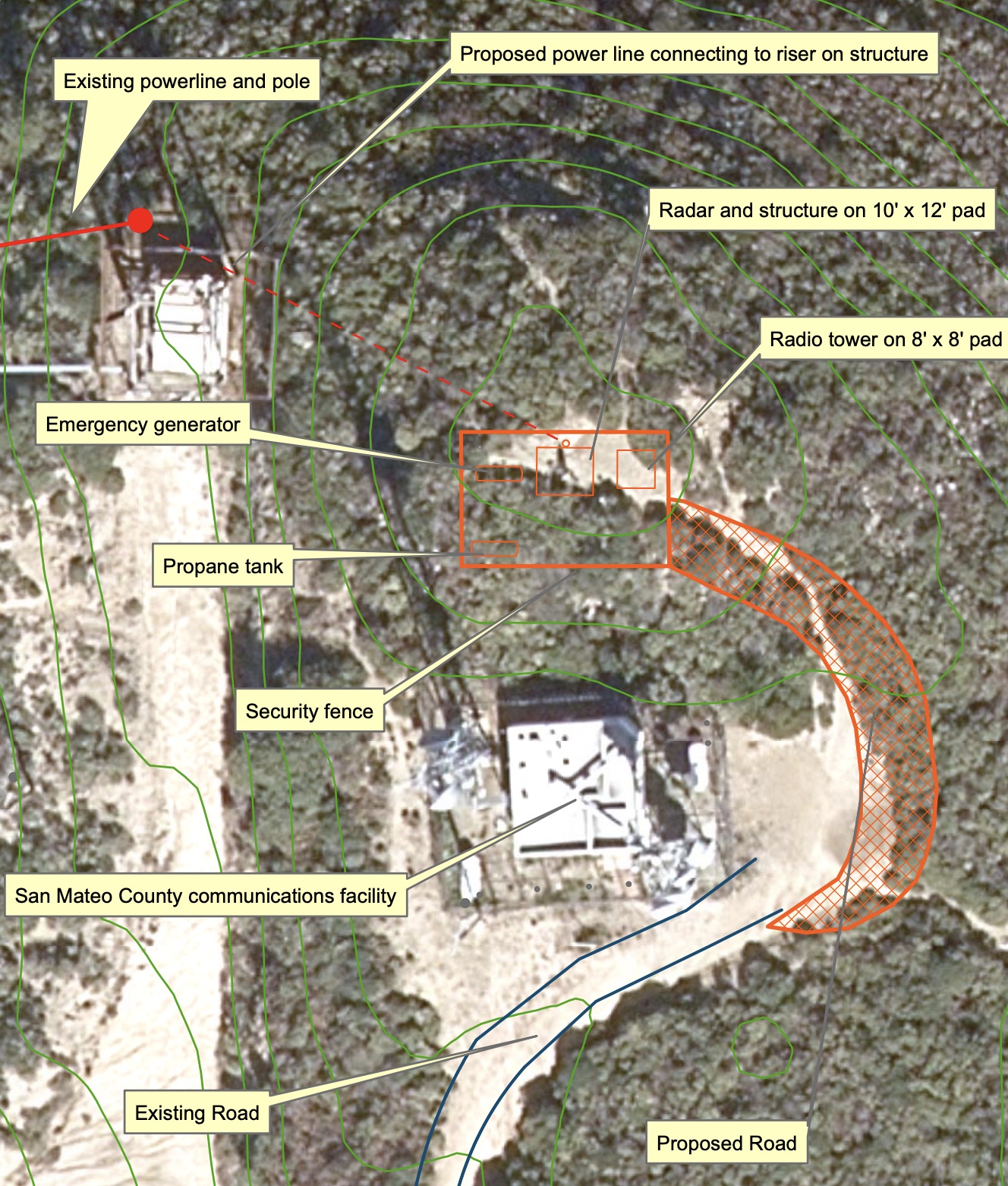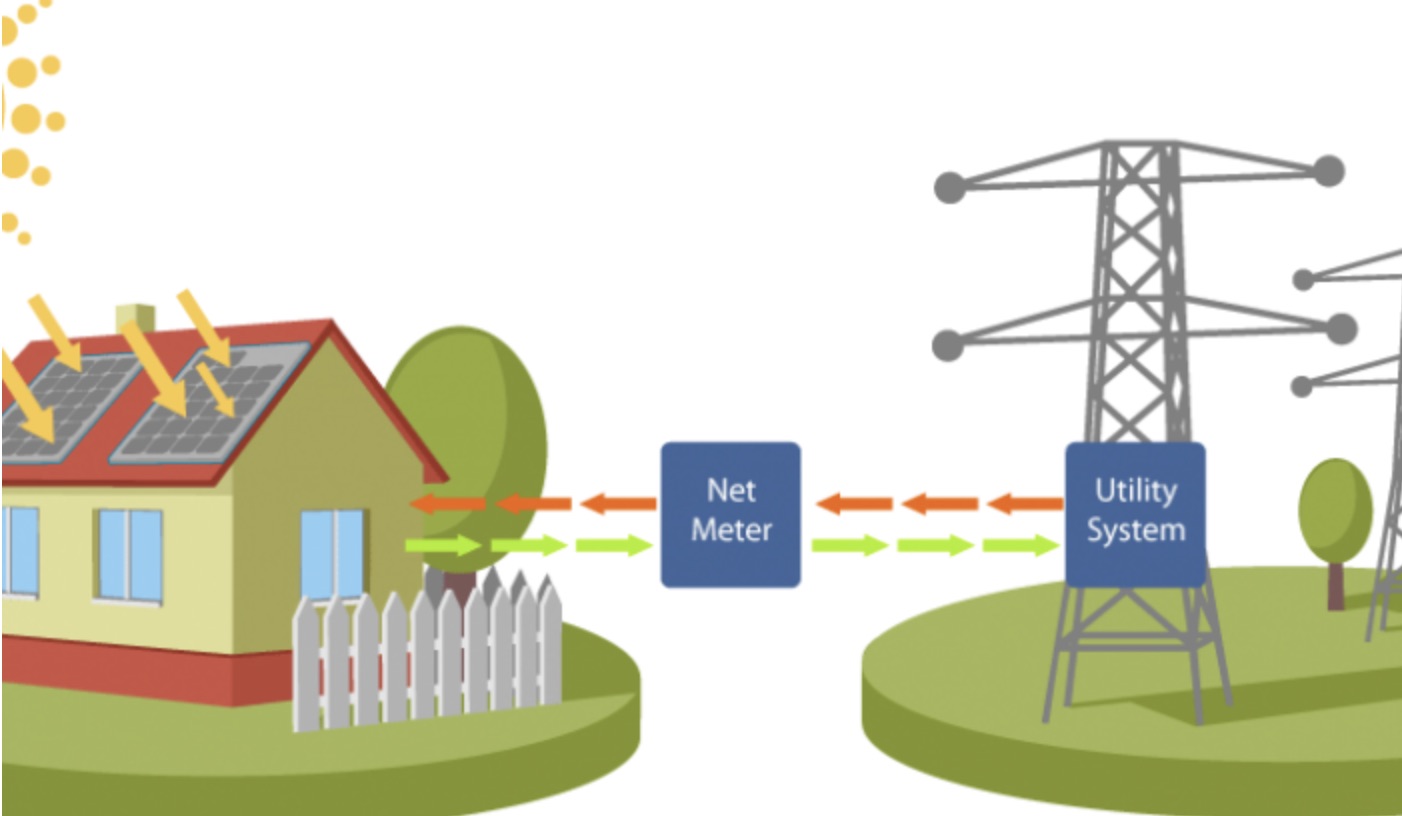|
Getting your Trinity Audio player ready...
|
OWN VOICE. ~ InPerspective by Gregg Dieguez —
Scientists at UTexas-Austin created a new enzyme that can break down many environment-throttling plastics in low temperatures. Typically that decomposition takes centuries, but with this enzyme they degrade in just a matter of hours to days. There is no information on costs or scalability, but finally we have a solution to pursue that is much less energy-dependent than current high-heat, high energy cost alternatives.
This approach also promises less cost of handling and sorting, resulting in a reusable plastic byproduct. The new enzyme called FAST-PETase builds on a prior Japanese discovery, combining two enzymes into a ‘super enzyme’ and speeding up the degrading process six-fold. These enzymes already occur in nature in some bacteria, but they needed further ‘engineering’. We still need to speed this new process up; and use recyclable plastic (only 30% of bottles in U.S. appear to be so); and start funneling the waste to recycling centers. So we still have work to do.
“When considering environmental cleanup applications, you need an enzyme that can work in the environment at ambient temperature. This requirement is where our tech has a huge advantage in the future,” Hal Alper, professor in the McKetta Department of Chemical Engineering at UT Austin.
However, some words of caution and perspective are merited. An astute reader[**] pointed out: “The fossil fuel industry is doubling down on efforts to recycle our way out of the plastics crisis, and this new technology looks to be part of that, as the core part of the research was funded by Exxon: “This work was financed under research agreement no. EM10480.26/UTA16-000509 between the ExxonMobil Research and Engineering Company and The University of Texas at Austin.” Note the bias from the UTexas post on this invention: “Recycling is the most obvious way to cut down on plastic waste. But globally, less than 10% of all plastic has been recycled.” … Really? Isn’t the most obvious way to cut down on plastic waste avoiding it in the first place? The messaging just really boggles my mind sometimes.”
Here’s a readable press release: https://cockrell.utexas.edu/news/archive/9475-plastic-eating-enzyme-could-eliminate-billions-of-tons-of-landfill-waste
Here’s the paper from the Journal Nature: Machine learning-aided engineering of hydrolases for PET depolymerization
Here’s the 4 minute Video: https://www.youtube.com/watch?v=oNkk3JPYd6s
This is Good News! However, as pointed out above, the real need is stop making and using these toxic materials…
FOOTNOTES:
[**] The Astute Reader: Matt Warren, co-founder and Science Advisor of Plastic Free Future, a local environmental organization dedicated to fighting plastic pollution.
More From Gregg Dieguez ~ InPerspective
Mr. Dieguez is a native San Franciscan, longtime San Mateo County resident, and semi-retired entrepreneur who causes occasional controversy on the Coastside. He is a member of the MCC, but his opinions here are his own, and not those of the Council. In 2003 he co-founded MIT’s Clean Tech Program here in NorCal, which became MIT’s largest alumni speaker program. He lives in Montara. He loves a productive dialog in search of shared understanding.







Great news! But why can’t we go back to glass and paper containers ? Trees are a renewal resource and there is plenty of quartz to make glass containers and glass is easy to sterilize.